Transforming Collective Trauma:
Social Healing and the Future of Culture
A Seven-Week Online Course
World-System and cultural crises are unfolding around the world in various communities and societies. Social healing practitioners are needed at scale to respond to these cascading crises. Social Healing practitioners facilitate, coach, and lead social healing practices. These practices enable the development of whole persons and whole systems across multiple professional domains, contexts, and levels of practice. The transformation of collective trauma is the primary intent of practicing the art and science of social healing.
This course explores personal, historical, cultural, and archetypal perspectives to transforming trauma. Participants in this course will engage in collaborative inquiry into aesthetic, psychological, and political responses which bring about social healing and cultural renewal.
Through active dialogue participants and presenters engage complex issues of climate change, economic injustice, intimate violence, stereotyping and scapegoating, and ethnic conflict, while exploring the practices that might create conditions of social healing such as restorative justice, rebuilding trust in the aftermath of trauma, the power of empathy, and the role of awe in recasting our vision of the world. These principles and practices have been the focus of the Center for Social Healing established in 2009 at Meridian University.
Convening Faculty
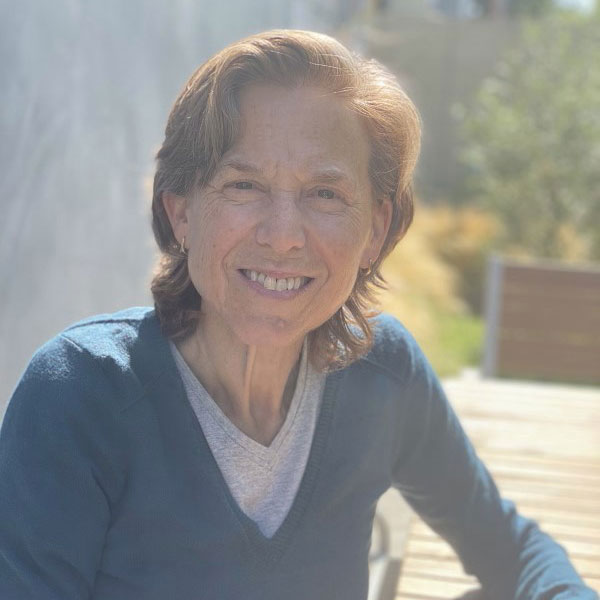
Melissa Schwartz
Melissa Schwartz, PhD is the Chief Academic Officer at Meridian University where she guides integrally-oriented programs in Education, Business, and Psychology. The Director of Meridian’s Center for Transformative Learning, Melissa is dually licensed as both a psychologist and as a Marriage and Family Therapist (MFT). She serves as a reviewer for the American Psychological Association’s Journal, Psychology of Women Quarterly, and the California Psychological Association’s Office of Professional Development. As well, she serves as a Subject Matter Expert for California’s Board of Behavioral Sciences in the continual development of the state’s MFT licensure examination. Melissa’s research interests are in the areas of adult development, the psychology of women, integral transformative assessment, and the role of culture in transformative learning.
Contributing Faculty
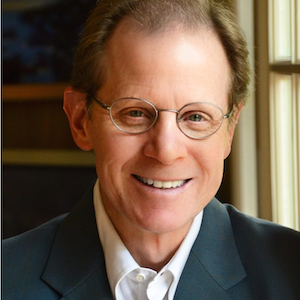
Dan Siegel
Dr. Dan Siegel is a Clinical Professor of Psychiatry at the UCLA School of Medicine and the founding co-director of the Mindful Awareness Research Center at UCLA. An award-winning educator, he is a Distinguished Fellow of the American Psychiatric Association and recipient of several honorary fellowships. Dr. Siegel is also the Executive Director of the Mindsight Institute, an educational organization, which offers online learning and in-person seminars that focus on how the development of mindsight in individuals, families and communities can be enhanced by examining the interface of human relationships and basic biological processes. His psychotherapy practice includes children, adolescents, adults, couples, and families. He serves as the Medical Director of the LifeSpan Learning Institute and on the Advisory Board of the Blue School in New York City, which has built its curriculum around Dr. Siegel’s Mindsight approach.
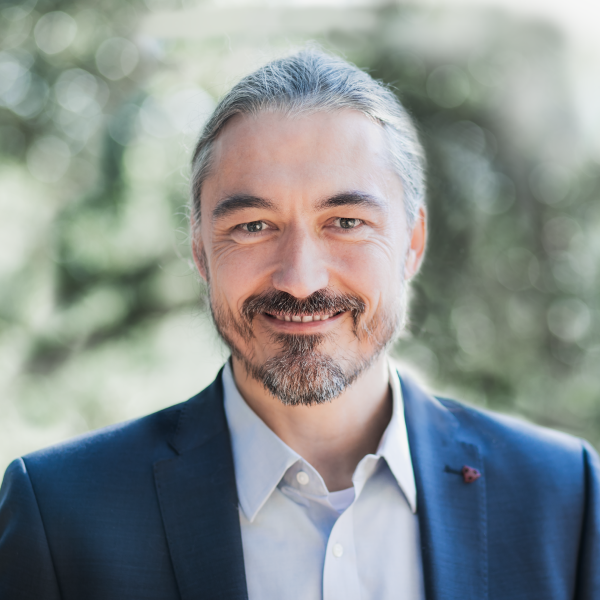
Thomas Hubl
Thomas Hübl is a renowned teacher, author, and international facilitator whose lifelong work integrates the core insights of the great wisdom traditions and mysticism with the discoveries of science. Since the early 2000s, he has been leading large-scale events and courses that focus on the healing and integration of trauma. Participants come from around the world, ranging from members of the public to faculty and staff at Harvard Medical School.
His non-profit organization, The Pocket Project, works to support the healing of collective trauma throughout the world. He is the author of Healing Collective Trauma: A Process for Integrating Our Intergenerational and Cultural Wounds, which outlines his methodology called the Collective Trauma Integration Process as a safe framework for guiding groups through collective trauma.
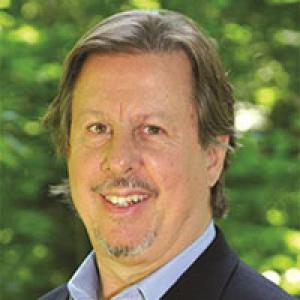
Richard Schwartz
Dr. Richard Schwartz developed Internal Family Systems in response to clients’ descriptions of experiencing various parts – many extreme – within themselves.
In 2000, Richard Schwartz founded The Center for Self Leadership in Oak Park, Illinois. Dr. Schwartz is a featured speaker for many national psychotherapy organizations and a fellow of the American Association for Marriage and Family Therapy, and he serves on the editorial boards of four professional journals. He has published four books and over 50 articles about IFS. His books include Internal Family Systems Skills Training Manual (with Frank Anderson, M.D. and Martha Sweezy, PhD), Internal Family Systems Therapy, Introduction to the Internal Family Systems Model, and The Mosaic Mind (with Regina Goulding), as well as Metaframeworks (with Doug Breunlin and Betty Karrer).
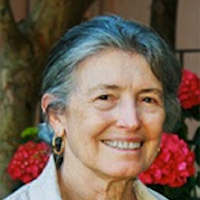
Eleanor Criswell
Eleanor Criswell received her Bachelor’s and Master’s from the University of Kentucky and her Doctorate from the University of Florida. She has been a professor of psychology at Sonoma State University since 1969 and has formerly been its Chairperson. She is the editor of the journal, Somatics, and the Director of the Novato Institute for Somatic Research and Training. As a counseling psychologist, she maintains a private practice in psychotherapy and somatics and is the author of Somatic Yoga and Somatics and Biofeedback.
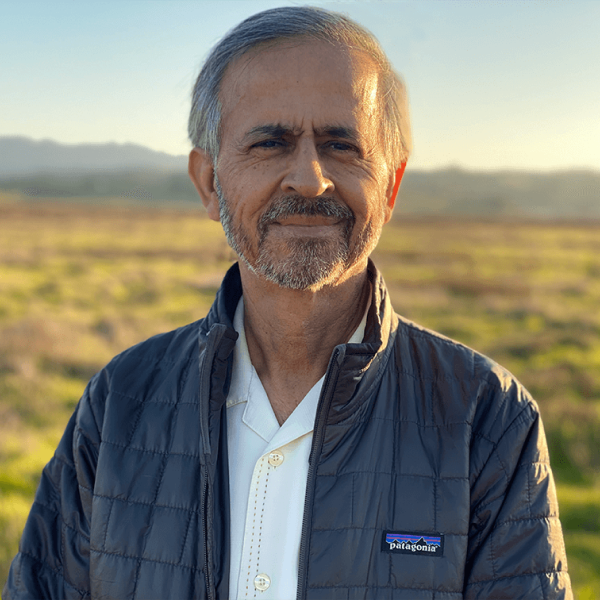
Aftab Omer
Aftab Omer, PhD is the president of Meridian University which offers degree and professional programs globally, emphasizing the power of transformative learning.
He is a sociologist, psychologist, developmentalist, and futurist. Raised in Pakistan, India, Hawaii, and Turkey, he was educated at the universities of M.I.T, Harvard and Brandeis. His publications have addressed the topics of transformative learning, dialogic capability, developmental power, cultural leadership, civil society, generative entrepreneurship, and the power of imagination.
Aftab’s advising work focuses on team development and on leveraging the creative potentials of conflict, diversity, and complexity. Formerly the president of the Council for Humanistic and Transpersonal Psychologies, he is a Fellow of the International Futures Forum and the World Academy of Arts and Sciences.
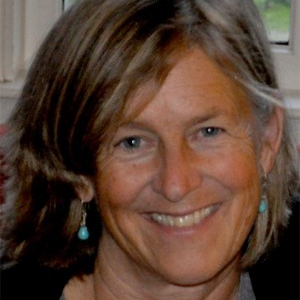
Susan Shaw
The Chair of Meridian University's Board of Trustees, Susan Shaw has been a family therapist for over 35 years along with teaching and training therapists in family therapy and Narrative Practice. In 1995 she co-founded Narrative Training Associates, a non-profit group dedicated to organizing in the professional community for social justice. Her work has been instrumental in developing the North Bay Organizing Project (NBOP) where she served as Executive Director for over 12 years. Susan directed the development and organizing of the Graton Day Labor Center (Centro Laboral de Graton) from 2003 - 2008, and has served on its board since 2002. She was the recipient of the Activist of the Year Award from Community Action Partnership in 2007.
Course Modules
Week One
Entering the Forbidden Landscape: Seven Dimensions of Collective Trauma
- Dissociation, Disembodiment, and Distraction
- Developmental and Complex Trauma
- Empathy Practices
- Contemplative Practices
Week Two
Hearing the Lion’s Roar Again: Recovering Resilience and Courage After Trauma
- Intergenerational Transmission of Interpersonal Experience
- Restoring Memory and Cognititon
Week Three
When Connection Breaks: The Neurobiology of Trauma
- Character Persists: Habits and Patterns are Like Stuff
- Physiological and Neurological Effects of Traumatic Stress
- The Cage of Addictive Patterns
- Somatic Practices Affect-Regulation Practices
Week Four
Our Longest Journey: From Scapegoating to Presencing Collective Wisdom
- Projection, Splitting, and the Need for Enemies
- Projection, Splitting, and the Need for Enemies
Week Five
We are Different, We are One: Race, Gender and Culture
- The Dialectics of Repression and Oppression
- Systemic Institutionalization of Gender, Racial, Ethnic, and Economic-based Oppression
- Evolution, Development, and Dissociation
- Social Fields and Trans-generational Trauma
Week Six
We are Born Artists: Social Artistry and Transforming Trauma
- The Aesthetics of Healing and Practice of Reconciliation
- Restorative Justice Practices
- Reconciliation as Transformative Healing
- Conflict Transformation Practices
- Accountability Practices
Week Seven
Reimagining the Rules: The Power of Myth, Ritual and Story
- Cultural Leadership and Social Healing
- Refinding the Transgressive Imagination
- Engaging and Embodying Archetypes
- Narrative Practices and Active Hope
Online Course Format
Course Structure
- Seven-week online course through October 31, 2021
- Six live 75-minute Zoom sessions with faculty held Wednesdays at 9:00 am PT (Pacific Time) and recorded for participants who cannot join every session live
- Resources, networking, and emergent community outcomes
- Content and collaboration via Meridian's social learning platform
Course Schedule
- Course begins asynchronously via the Pivot collaboration platform, participants begin engaging with course resources and activities
- September 22 at 9 am PT - First live course session
- September 29 at 9 am PT - Second live course session
- October 6 at 9 am PT - Third live course session
- October 13 at 9 am PT - Fourth live course session
- October 20 at 9 am PT - Fifth live course session
- October 27 at 9 am PT - Sixth live course session
- October 31 - Course ends, participants continue engagement via learning platform’s social group
Course Fees
$250, including the synchronous course video calls (with recordings), online learning platform access, participation in the course learning community, plus course resources and written activities.
Accreditation
Meridian University is accredited by the Western Association of Schools and Colleges (WASC) - a higher education accreditor recognized by the United States Department of Education. WASC is also the accreditor for Stanford University, UCLA, and the University of California at Berkeley.
Frequently Asked Questions
Meridian’s online courses are conducted via the University's own learning platform.
Our online courses promote community learning, through strong interactive engagement with fellow students and faculty as well as live video sessions with faculty.
You will need an email account, a high-speed internet connection, and access to a computer, iOS or Android device.
If you are planning to attend the course video calls live, you will need a webcam and microphone for your device. (Course video calls are conducted with participants video-enabled.)
Live 75-min video sessions with faculty and fellow students will be conducted throughout the course. Each week's live video call will be recorded and posted on the course platform.
Video presentations, readings, discussions and learning activities will be accessible asynchronously and may be completed on participants' own schedule. Course resources and recordings will remain available up to 30 days after the close of the course.
Full refunds are available until two (2) days before the course begins, by request via email.
You do not need to apply to a Meridian graduate degree program to take this online course. This course is one of Meridian’s open-enrollment courses
The course support team will be available to assist from start to finish. Please send your questions/requests/issues to openenrollment@meridianuniversity.edu
Convening faculty generally lead each live session. Contributing faculty typically contribute in one of the live course sessions. Course resources address the work of both convening and contributing faculty.
Meridian has institutional and federal financial aid options for our graduate degree programs. This open enrollment course does not have financial aid or payment plans available.